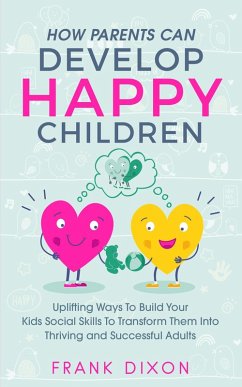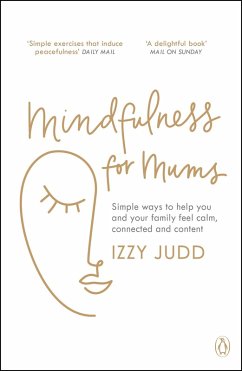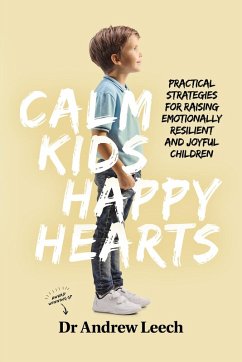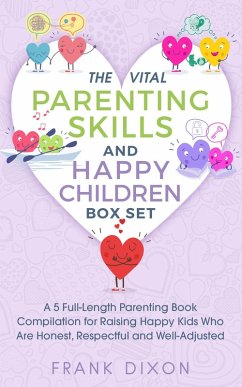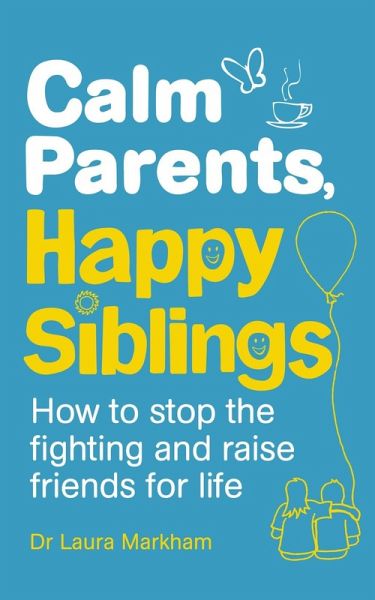
Calm Parents, Happy Siblings (eBook, ePUB)
How to stop the fighting and raise friends for life
Versandkostenfrei!
Sofort per Download lieferbar
14,99 €
inkl. MwSt.
Weitere Ausgaben:

PAYBACK Punkte
0 °P sammeln!
Popular parenting expert Dr Laura Markham has garnered a large and loyal readership around the world, thanks to her simple, insightful approach that values the emotional bond between parent and child. However, as any parent of more than one child knows, it's challenging for even the most engaged parent to maintain harmony and a strong connection when competition, tempers, and irritation run high. In this highly anticipated guide, Dr Markham presents simple yet powerful ways to cut through the squabbling and foster a loving, supportive bond between siblings, while giving each child the vital co...
Popular parenting expert Dr Laura Markham has garnered a large and loyal readership around the world, thanks to her simple, insightful approach that values the emotional bond between parent and child. However, as any parent of more than one child knows, it's challenging for even the most engaged parent to maintain harmony and a strong connection when competition, tempers, and irritation run high. In this highly anticipated guide, Dr Markham presents simple yet powerful ways to cut through the squabbling and foster a loving, supportive bond between siblings, while giving each child the vital connection that he or she needs.
Calm Parents, Happy Siblings presents hands-on, research-based advice on:
Creating deep connections with each one of your children, so that each truly believes that you couldn't possibly love anyone else more.
Fostering a loving family culture that encourages laughter and minimizes fighting.
Teaching your children healthy emotional self-management and conflict resolution skills - so that they can work things out with each other, get their own needs met and respect the needs of others.
Helping your kids forge a close lifelong sibling bond, as well as the relationship skills they will need for a life of healthy friendships, work relationships, and eventually their own family bonds.
Calm Parents, Happy Siblings presents hands-on, research-based advice on:
Creating deep connections with each one of your children, so that each truly believes that you couldn't possibly love anyone else more.
Fostering a loving family culture that encourages laughter and minimizes fighting.
Teaching your children healthy emotional self-management and conflict resolution skills - so that they can work things out with each other, get their own needs met and respect the needs of others.
Helping your kids forge a close lifelong sibling bond, as well as the relationship skills they will need for a life of healthy friendships, work relationships, and eventually their own family bonds.
Dieser Download kann aus rechtlichen Gründen nur mit Rechnungsadresse in A, B, BG, CY, CZ, D, DK, EW, E, FIN, F, GR, HR, H, IRL, I, LT, L, LR, M, NL, PL, P, R, S, SLO, SK ausgeliefert werden.







